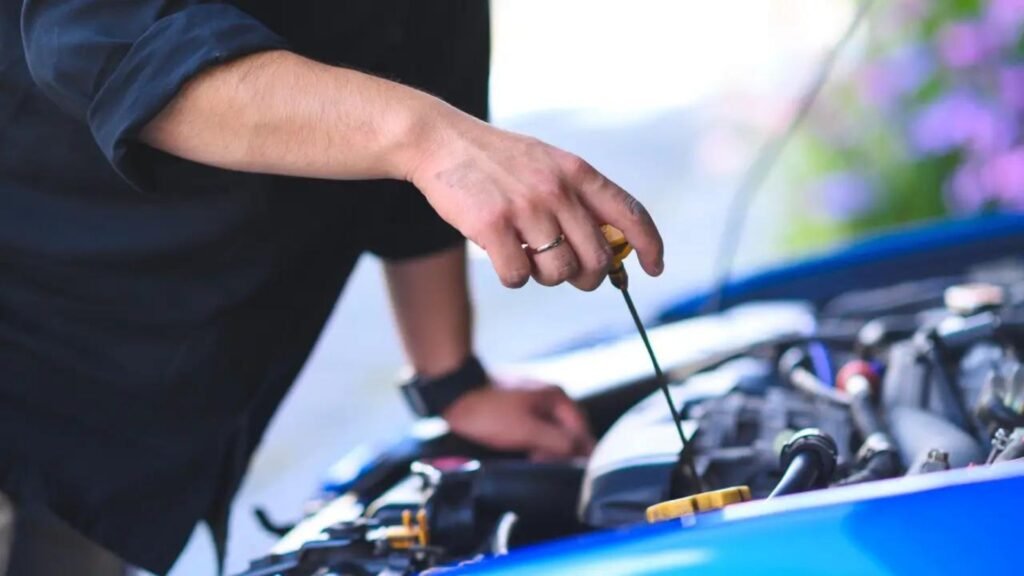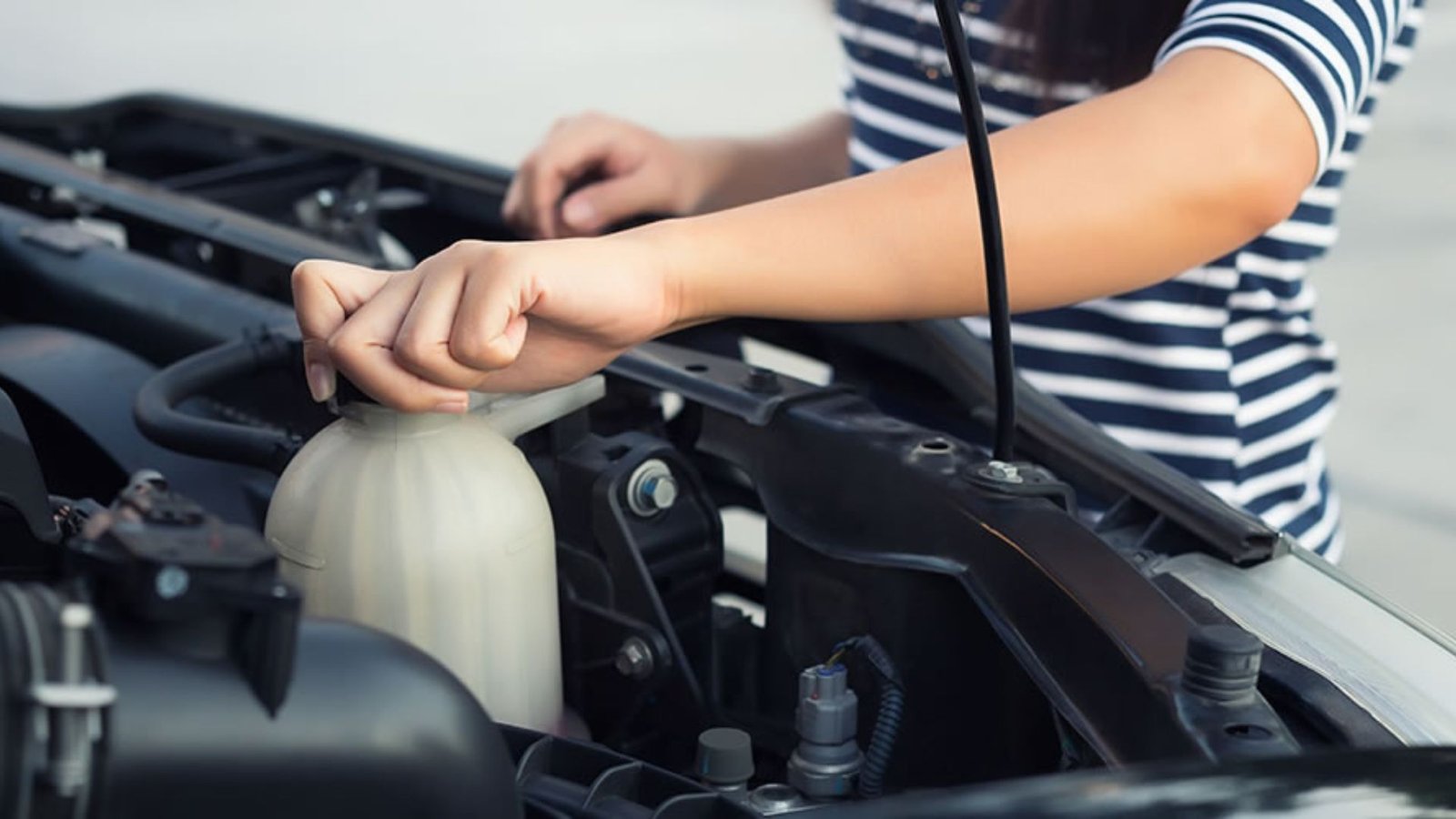Maintaining your car engine is essential for keeping your vehicle running smoothly and efficiently. Regular maintenance can extend the life of your engine and improve its performance. Here are some top tips for maintaining your car engine to ensure it stays in top condition.
Maintaining Your Car Engine
1. Regularly Check and Change the Oil
One of the most important aspects of maintaining your car engine is to keep the oil clean and at the proper level. Check the oil level regularly and change it according to your car’s manufacturer’s recommendations. Fresh oil helps to lubricate engine parts, reducing friction and preventing wear.

2. Replace the Air Filter
The air filter plays a crucial role in maintaining your car engine by ensuring that clean air reaches the engine. A clogged air filter can reduce engine efficiency and performance. Replace the air filter as recommended in your car’s manual to keep your engine running smoothly.
3. Monitor the Coolant Levels
Coolant helps to regulate the engine temperature. To avoid overheating, regularly check the coolant levels and top them off if necessary. Proper coolant levels are essential for maintaining your car engine and preventing costly damage due to overheating.
4. Keep the Fuel System Clean
A clean fuel system is vital for optimal engine performance. Use high-quality fuel and consider adding a fuel system cleaner periodically. This helps to remove deposits and maintain proper fuel flow, which is essential for maintaining your car engine.
5. Check and Replace Spark Plugs
Spark plugs ignite the fuel-air mixture in the engine. Worn or faulty spark plugs can lead to poor engine performance and fuel efficiency. Regularly check your spark plugs and replace them as needed to ensure your engine runs efficiently.
6. Inspect and Maintain Belts and Hoses
Belts and hoses play a crucial role in maintaining your car engine by driving various engine components and carrying fluids. Inspect belts and hoses regularly for signs of wear or damage and replace them if necessary to prevent engine issues.
7. Keep the Battery in Good Condition
A well-maintained battery ensures reliable engine starts and smooth operation. Check the battery terminals for corrosion and ensure they are clean and tightly connected. If your battery is old or weak, consider replacing it to avoid potential starting problems.
8. Pay Attention to Engine Warning Lights
Your car’s dashboard warning lights are there to alert you to potential engine problems. If any warning lights come on, address them promptly. Ignoring warning lights can lead to more significant issues and affect your engine’s performance.
9. Follow the Manufacturer’s Maintenance Schedule
Each car comes with a specific maintenance schedule outlined in the owner’s manual. Adhering to this schedule is crucial for maintaining your car engine. It provides guidelines for oil changes, filter replacements, and other important tasks to keep your engine in good shape.
10. Use Quality Engine Parts
When replacing engine parts, always choose high-quality components. Using genuine or high-quality aftermarket parts helps ensure that your engine functions correctly and lasts longer. Quality parts are an investment in maintaining your car engine.
11. Keep the Engine Clean
A clean engine runs more efficiently and is easier to inspect for potential issues. Regularly clean the engine bay to remove dirt and debris. Be cautious when cleaning around sensitive areas to avoid damage to electrical components.
12. Monitor Engine Performance
Pay attention to how your engine performs while driving. Any unusual noises, vibrations, or changes in performance can be early signs of engine trouble. Addressing these issues promptly helps in maintaining your engine and prevents more serious problems.
13. Check the Transmission Fluid
Transmission fluid is essential for smooth gear shifting and engine operation. Regularly check the transmission fluid level and condition, and replace it according to your vehicle’s maintenance schedule to ensure proper transmission function.
14. Address Leaks Promptly
Engine leaks can lead to severe damage and affect the performance of your engine. Regularly inspect your engine for any signs of leaks and address them promptly. Fixing leaks as soon as they are detected helps in maintaining your car engine.
Conclusion
Maintaining your car engine involves regular checks, timely replacements, and careful attention to detail. By following these top tips, you can keep your engine running smoothly and extend its lifespan. Proper maintenance not only enhances performance but also helps prevent costly repairs down the line. Keep these tips in mind to ensure your engine remains in top shape for years to come.

